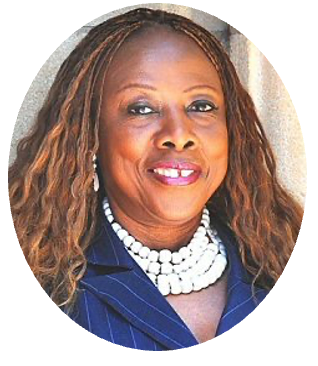Session 1 – Roundtable Discussions
Posted in 2022 Roundtables
Following the opening provocation, three panels explored three challenges (1.1) Centering Equity in Enrollment Management and Admissions Strategies (1.2) Equity Leadership: Responding to Change, Continuity, & Sustainability and (1.3) Using Data on Campuses / Campus Climate Surveys.
1.1 Centering Equity in Enrollment Management and Admissions Strategies
Video link: https://youtu.be/hYuZKzkzrpY
The main takeaway from this session: We need to think about student support in the “to and through” college phrasing as a relay race where the recruiting and admissions process is the lead-off leg. Subsequent legs of the relay include curricular and career pathways and near-peer mentoring. Critical to this support structure – like in relay races – is the hand-off. The phrase “continuity of care” struck a chord.
- The competition for students in college admissions is in part a consequence of two “demographic cliffs” – the recession of 2008 and the pandemic. The drop in applications from male students of color is a particular cause for alarm. Both presenters emphasized the Importance of college exposure programs.
- The impact of our recent move to test-optional admissions – in terms of diversity and academic success – is not yet clear and will be an important area for data analysis.
- An interesting conversation emerged around “truth in marketing” in response to a question about recruiting diverse student populations at PWIs. Transparency – beyond the picture-perfect visuals – is essential. Think of differentiated recruitment as an opportunity to help students visualize themselves as members of the community. We were reminded that this is a generation of students who are entrepreneurs – and to treat and respect them as such
Panelists

Vice President for Enrollment,
Xavier University of Louisiana

Director of Enrollment Management and Retention,
Penn State Abington
Slides and Resources
1.2 Equity Leadership: Responding to Change, Continuity, & Sustainability
Video link: https://youtu.be/D2Z-JcOGl68
The main takeaway from this session: As a leader, you have to understand both that this
is a long game (no short game will have a lasting effect) but that also, even if you’re making small changes they need to be the most strategic moves you can make (e.g., the hard work of diversifying the faculty).
- Don’t think that everything has to be a new “DEI program.” Much of what is valuable is being a daily presence, creating a healthy context for honest exchange about DEI issues.
- Every palpable bit of progress we make on equity and inclusion will surely bring blowback and counter-response from some, inside and outside the University. Expect that as things get better the pushback from some in society will surely get worse. Supporting belonging begins with listening.
- We need to adopt respectful approaches that help colleagues understand when their statements or actions need to be called out. Help them understand the learning they need to take on.
- Leaders have to practice self-care just as much as anyone else
Panelists

Dean, Georgetown College,
Georgetown University

Georgetown University
1.3 Using Data on Campuses/Campus Climate Surveys
Video link: https://youtu.be/TJhzDXZLd34
The main takeaway from this session: Participatory interpretation of data contributes to
the cultural changes we’re seeking in our institutions.
- Gave an overview of the challenge and necessity of how Institutional Research Offices can best work with campus partners to both facilitate data interpretation and effect change both in response to prior events and in proactive ways.
- Both voiced concerns about the use of data to reinforce deficit models about students.
- The Georgetown case study focused on how to communicate findings from the campus climate survey it conducted in Spring, 2020, focusing on the use of “Spotlight Reports” to share information in digestible form.
- The Dayton case study examined interactive ways for stakeholders to engage with data, highlighting “Data Walks” in which student participants visited the IR office to both hear about data and also contribute their input.
Panelists

Associate Vice President, Institutional Data Analytics,
Georgetown University

Director of Assessment and Student-Centered Analytics,
University of Dayton
